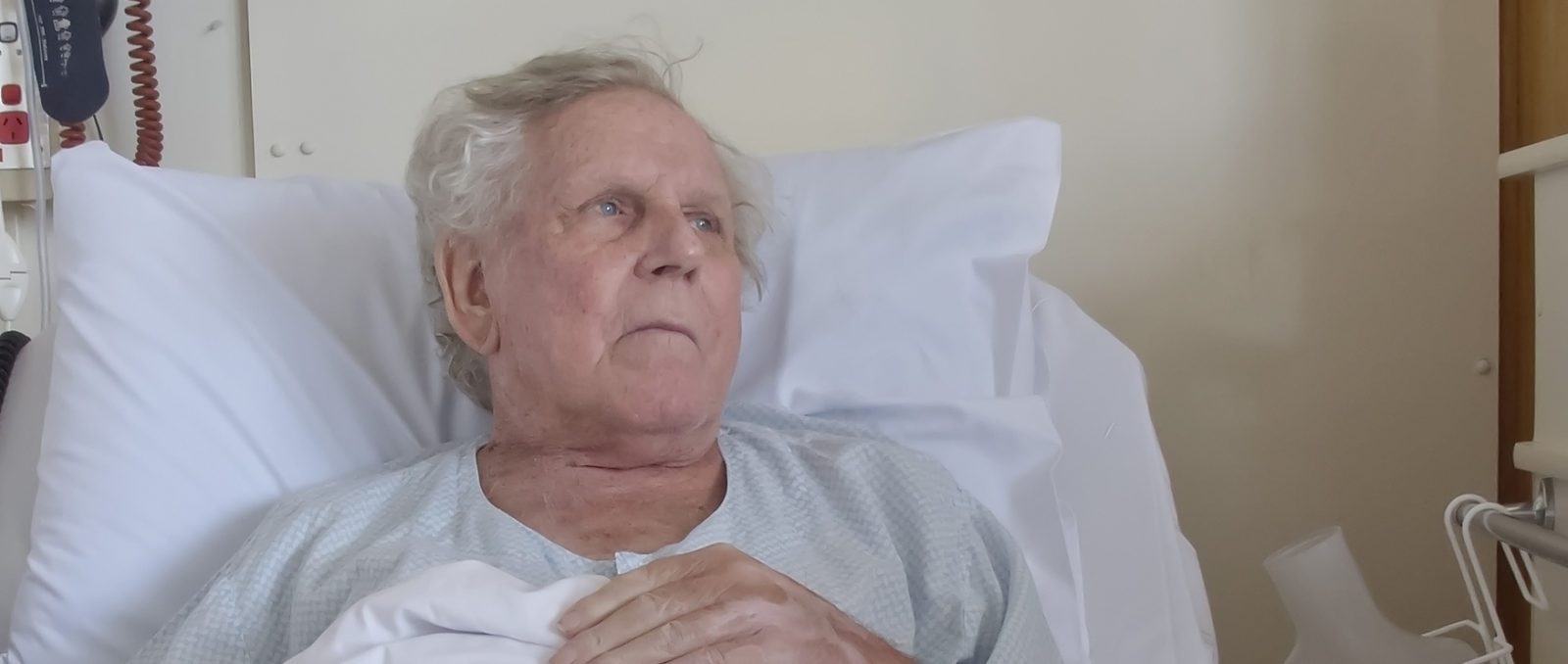aging
We must protect the elderly as we move to virtual care
Andrea C
Aging caregivers of children with disabilities “pushed to the breaking point”
Why do so many nursing home residents end up in emergency departments?

This January, Sylvia got a call from a nurse in her mother’s long-term care centre. Her mother, Angela, woke up “extremely agitated and crying in pain,” so the nurses sent her to the emergency department. Sylvia was worried about how her 92-year-old mom, who has dementia, would react to the trip – the lights, the …
Empowering the elderly in Japan: lessons for home care in Canada

It’s a question that’s been weighing on the minds of health care managers in Canada and many countries around the world: how will society meet the home and community care needs of an aging population? In trying to answer this question, it can be instructive to look at models around the world, and one that’s received …
Election 2015: The Health Care Debate
Ruth and John
Nina
Improving appropriateness of antipsychotic use in long-term care

When prescribed appropriately – to treat psychosis related to a psychiatric condition like schizophrenia – antipsychotic medications can improve a patient’s quality of life. However, too often it appears antipsychotics are being prescribed to residents of Long-Term Care Homes (LTCH) to control behavioral symptoms of dementia (such as verbal or physical aggression) without a concurrent …
Stigma around dementia prevents people from accessing health care

Mary Beth Wighton has many good days. Like mother’s day, when her 20-year-old gave Wighton and her partner fishing licenses and the three spent the day looking out over the dock, laughing and casting out. She also has tough moments, like when she realized that she could no longer pay household bills on her own. …
How should doctors decide when a senior driver’s license should be reviewed?

Doctors are expected to report people who have a medical condition that prevents them from being able to drive safely. But the line between fit and unfit to drive is difficult to define, especially for seniors with multiple cognitive, sensory and/or physical issues. And as baby boomers age, doctors will increasingly have to weigh the …
Home care clients who require urgent care need an alternative to the Emergency Department

Between 2008 and 2013, the number of Canadians receiving some form of home care grew by 55 per cent, to 1.4 million. And as our population continues to age, more and more Canadians expect that care at home will be a viable option. Since the beginning of many coordinated home care programs in the late …
Improving medication safety for the elderly

Mimi Roots is worried about her ninety year old mother, Maria. Maria lives alone and has multiple health issues: congestive heart failure, asthma, arthritis, gastrointestinal issues, and a thyroid that was surgically removed. She receives care from five specialists and her family doctor – and each prescribes their own set of medications. Maria takes a …
Why we need to rethink the nursing home model

How many nursing home beds are needed in Canada to care for frail, elderly people with high care needs? That’s a question that policy makers across the country are grappling with, given the aging population and especially the rapidly growing number of very elderly people over the age of 85. Many people as they age …
New technologies and more services are behind rising health costs

The tsunami metaphor is more and more often used in commentaries about the effect of aging on health care spending in Canada. It musters up images of devastation and irresistible strength submersing any levees the system might try to mount to oppose it. It is a powerful but misleading metaphor. There is a worrying rise …
How far along are we in making hospitals more ‘senior friendly’?

Being hospitalized can have dramatic impacts on seniors’ wellness, and time spent in hospital contributes to loss of important functions such as strength and mobility – critical to their independence and wellbeing. Camilla Wong, a geriatrician at St. Michael’s Hospital in Toronto says “hospitalization robs us of the things that are really important for older …
Caring for Canada’s seniors will take our entire health care workforce

Much of the focus on the health care needs of Canada’s aging population surrounds the shortage of physicians with expertise in care of older adults. But the country’s 75,000 licensed physicians represent only a small part of the Canadian health care workforce. By contrast, there are approximately 360,000 regulated nurses, 35,000 social workers, 30,000 pharmacists, …
Who will care for Canada’s seniors?

Our health care system faces a disturbing paradox. While seniors represent the fastest growing age group in Canada, the country faces a growing deficiency of specialist physicians with expertise in caring for the elderly. But with seniors accounting for nearly half of all the country’s hospitalizations and visiting their family physician twice as often as younger …
Supporting Ontario’s unpaid caregivers

Anne Harrison lives in Huron County with her husband. For nearly two and half years, her husband was medicated for anxiety and stress he was experiencing at work. The medication didn’t help. They didn’t know what was wrong, and worried he might have a brain tumor. In June of 2011, her local family health team, …






